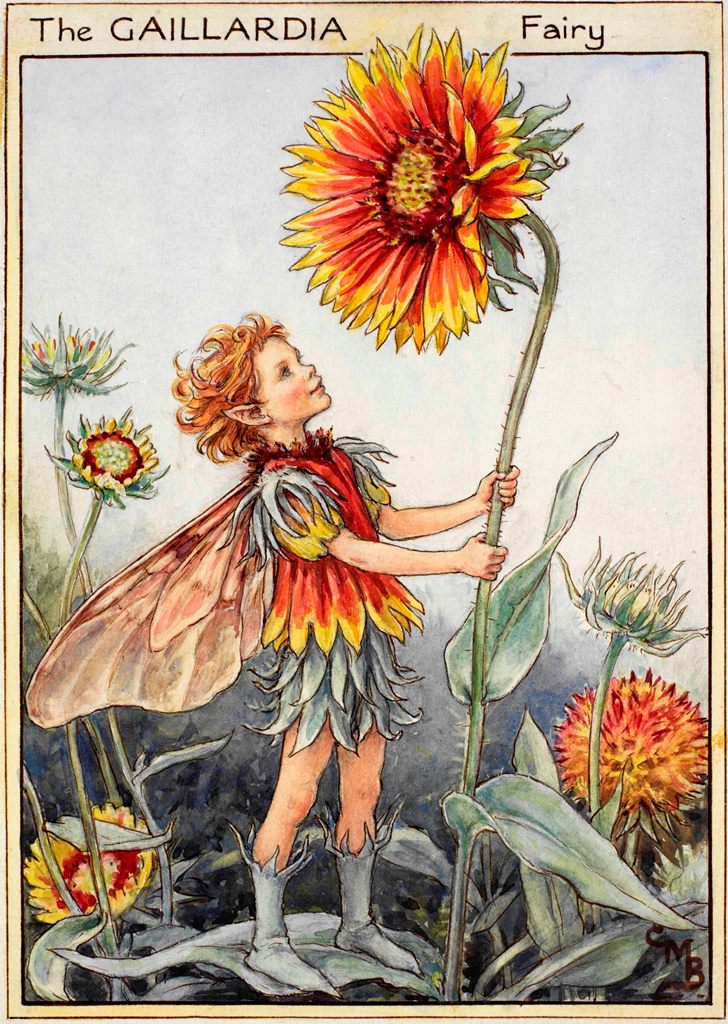
meretricious [mer-i-trish-uhs]
adjective:
1. Apparently attractive but having no real value, superficially or garishly attractive. tawdry
2. Plausible but false or insincere; specious
3. (archaic) Relating to or characteristic of a prostitute
Examples:
In many ways, it was a meretricious performance, but it was a gifted one in terms of verbal gymnastics.(the Hansard archive, quoted by Cambridge Dictionary</a>)
She was half-angry with him in the carriage, and said something about meretricious manners. (Anthony Trollope, Barchester Towers
"Elementary," said he. "It is one of those instances where the reasoner can produce an effect which seems remarkable to his neighbour, because the latter has missed the one little point which is the basis of the deduction. The same may be said, my dear fellow, for the effect of some of these little sketches of yours, which is entirely meretricious, depending as it does upon your retaining in your own hands some factors in the problem which are never imparted to the reader. (Sir Arthur Conan Doyle, The Memoirs of Sherlock Holmes )
He was a son of God – a phrase which, if it means anything, means just that – and he must be about His Father's business, the service of a vast, vulgar, and meretricious beauty. So he invented just the sort of Jay Gatsby that a seventeen-year-old boy would be likely to invent, and to this conception he was faithful to the end. (F Scott Fitzgerald, The Great Gatsby)
Origin:
C17: from Latin merētrīcius, from merētrix prostitute, from merēre to earn money (Collins Dictionary)
Meretricious can be traced back to the Latin verb merēre, meaning "to earn, gain, or deserve." It shares this origin with a small group of other English words, including "merit," meritorious," and "emeritus." But, while these words can suggest some degree of honor or esteem, "meretricious" is used to suggest pretense, insincerity, and cheap or tawdry ornamentation. The Latin merēre is at the root of the Latin noun meretrix, meaning "prostitute," and its related adjective "meretricius" ("of or relating to a prostitute"). The Latin meretricius entered into English as "meretricious" in the 17th century. Shortly after being adopted, "meretricious" also began to be used to indicate things which are superficially attractive but which have little or no value or integrity. (Merriam-Webster)woolgathering [wool-gath-er-ing]
noun:
1. Indulgence in aimless thought or dreamy imagining; absent-mindedness.
2. gathering of the tufts of wool shed by sheep and caught on bushes.
Examples:
Really, God thought with annoyance, this woolgathering —at such a moment! (Damon Francis Knight, The Worshippers)
His efforts to explain his success keep wandering off into sunny vales of academic woolgathering (Washington Post, 1998)
Origin:
Woolgathering once literally referred to the act of gathering loose tufts of wool that had gotten caught on bushes and fences as sheep passed by. Woolgatherers must have seemed to wander aimlessly, gaining little for their efforts, for in the mid-16th century "woolgathering" began to appear in figurative phrases such as "my wits (or my mind) went a-woolgathering" - in other words, "my mind went wandering aimlessly." From there, it wasn't long before the word woolgathering came to suggest the act of indulging in purposeless mind-wandering. (Merriam Webster) prettygoodword
prettygoodword



 spikesgirl58 for the word!)
spikesgirl58 for the word!)Och, and the girls whose poor hearts you deracinate,
Whirl and bewilder and flutter and fascinate
Faith, it's so killing you are, you assassinate, —
Murder’s the word for you, Barney McGee!—Richard Hovey, Barney McGee


(thanks to ![]() acelightning for the word!)
acelightning for the word!)

Svengali (“a person who manipulates or exerts excessive control over another”) cozened its way to the top of our lookups on August 18th, 2017, following multiple news reports that political strategist Stephen Bannon would soon be fired from his position at the White House.

some uncommon words with their meanings
1. Cagamosis (noun): an unhappy marriage
2. agerasia (noun): the state of looking younger than one actually is
3. Hadeharia (noun): the practice of frequently using the word "hell" in speech
4. Estrapade(noun) : the attempt of the horse to remove its rider. (estrange: alienate or remove)
5. Auto-tonsorialist (noun): a person who cuts his own hair. (tonsorial= of or related to haircut or barbering)
6. Dactylonomy (noun): act of counting using one's fingers (dactyl: tip of the finger)
7. Jument (noun): An animal used to carry loads like horse or donkey (beast of burden)
8. Gargalesthesia (noun): the sensation caused by tickling
9. bombilate (verb): make humming or buzzing sound loudly. "a student was bombilating in the class while the teacher was delivering lecture"
10. maledicent (noun): a person who does frequent abusive speech
student~
(cross-posting from ![]() 1word1day)
1word1day)
